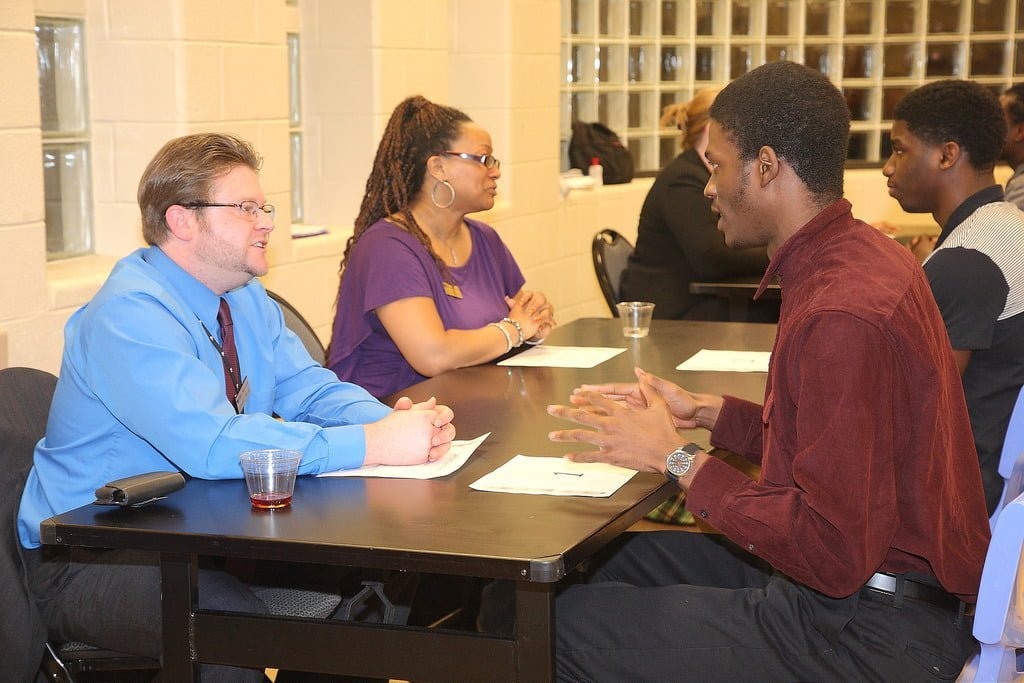Three Tips to Improving Your Interviewing Skills
by Suman Samanta Job & Career Published on: 05 December 2017 Last Updated on: 26 July 2024

Interviewing people is often more awkward than being interviewed. The interviewee has the advantage. He or she knows the questions will be framed around personal experiences and life goals. The chances are good the interviewee is prepped, dressed and ready to impress with any question posed.
The average employer has a hit and miss record with hiring personnel. One out of three new employees never make it out of the training stage or the first six weeks. This wastes the time and resources of the company. Experience teaches you to watch and listen for red flags, but this experience comes with being able to draw out your interviewee into active conversation.
The Spontaneous Interviewer
The first advice professional interviewers give, such as talk show hosts and magazine reporters, is to learn your subject, take notes, than throw the notes away. Your interview will run more smoothly if you are not constantly looking down at the paperwork. Turn your interview into a conversation. Find something that will help you connect to the person so that your questions and comments will have a natural flow.
There are nearly always a few moments of silence during an interview, but those moments don’t have to be awkward. Turn them into the strategic pause. This can be particularly effective after asking a tough question that requires a bit of careful thought before answering. This gives the interviewee a chance to regain his poise and you a chance to follow up with something a little less challenging. Throw in a joke or a funny observation about something pertaining to job skills requirements. Keeping a light tone will reveal far more than a formal atmosphere.
Match the Energy Levels
The person you’re interviewing wants to impress you. The prospective employee might come in charged with energy, but if you don’t show the same enthusiasm, you’re popping those optimistic balloons. The more comfortable you make your interviewee feel, the more spontaneous the answers will be and the more revealing the body language.
We use body language interpretation consciously and unconsciously throughout our everyday life. Behavioral sciences now teach us how to interpret body language, but how to use the knowledge actively to set the interviewee at ease, to draw out behavior predictors that would forecast job performance, and to discover specific characteristics.
An excellent training video for employers struggling with the hiring procedure, is “Actions Speak! Behavioral Interviewing with Dr. Paul Green” ( by Media Partners) The video uses a broadcast television studio and a cast to effectively illustrate the advantages of behavioral interviewing.
Don’t Direct – Listen
Once we’ve thrown away the idea that we don’t have to keep our interview firmly outlined on a square of paper, we discover the interview can go in any direction; that is if we’re listening. A skilled interviewer doesn’t just listen to the words, but the tone of voice, the pauses and the things that were left unsaid. This skill helps the interviewer to know when it’s time to move on to the next subject or if it would be better to probe a little deeper with a follow-up question.
Most people prepare themselves to be interviewed and develop a system of practiced information and behaviors to land them the job. The best way to discover who they really are is to put them at ease and let them converse naturally instead of automatically answering questions.
Read More:







































































































